Inflation is back, and while some people continue to cling to the idea that its resurgence is a temporary phenomenon, today’s figures further stamp out that optimism. Consumer inflation was up to 4.2 per cent in the year to October, a surge from just over 3 per cent the month before. This takes inflation to its highest level since 2011, with prices only set to rise further heading into 2022.
Much of the rise is due to increasing energy costs, which were always expected to worsen this winter: global shortages continue to bite as the world opens up again post-lockdowns. The increase to the energy price cap — which occurred 1 October to reflect these higher prices — contributed to the spike in gas and electricity costs, which together have added ‘0.59 percentage points to the [consumer prices with housing index] 12-month inflation rate’ according to the Office for National Statistics.
The optimists are quick to point out that this rise has more or less been accounted for. The Bank of England’s latest forecasts show inflation rising to around 5 per cent, before dropping back down closer to its target of 2 per cent by the end of next year. But inflation has yet again outpaced both Bank’s predictions as well as market consensus: prices continue to go higher month on month than almost anyone expects. And as Capital Economics notes this morning, prices aren’t just rising in areas that are more prone to flux, like energy. Core inflation, which excludes the more volatile prices of food and energy, is up too, to 3.4 per cent from 2.9 per cent.
Today’s update reaffirms that these price rises can no longer be credibly described as ‘transitory’. Based on the current BoE scenario, where inflation peaks and then starts to fall next year, consumers will have been subject to significant price rises for well over a year — hardly the definition of ‘temporary’. This puts even more pressure on the BoE to raise interest rates next month, in a bid to curb this upwards trend.
But the Bank will increasingly be dealing with questions over why the Monetary Policy Committee, which sets interest rates, missed a trick earlier this month by holding rates at a record-low level. This, despite the committee indicating to markets that they were ready to commit to a modest rise. Furthermore, why has the Bank been so insistent about the temporary nature of this round of inflation? The writing has been on the wall for some time (acknowledged by the Chancellor back in his March Budget) that inflation always had the potential to be a threat to the country’s economic recovery.
It seems some of Britain’s most important institutions are still trailing behind in this realisation — a growing problem as inflation heads ever further north.<//>
Got something to add? Join the discussion and comment below.
Get 10 issues for just $10
Subscribe to The Spectator Australia today for the next 10 magazine issues, plus full online access, for just $10.


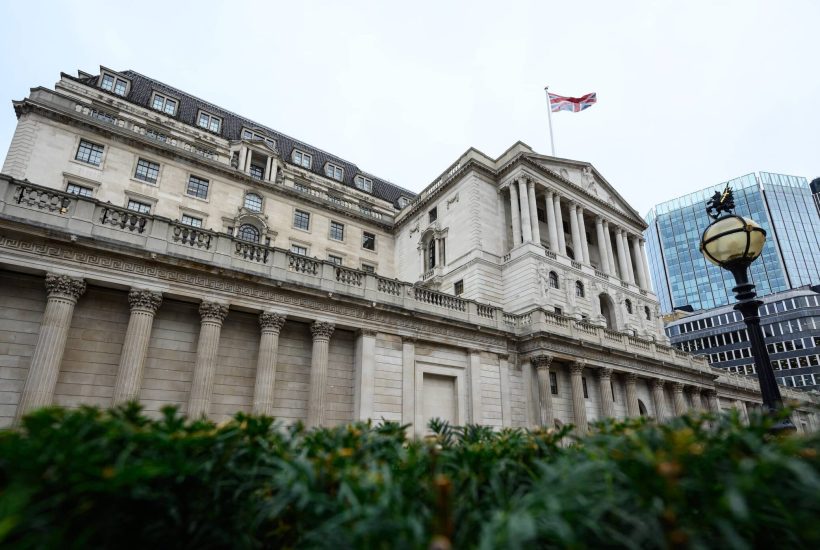
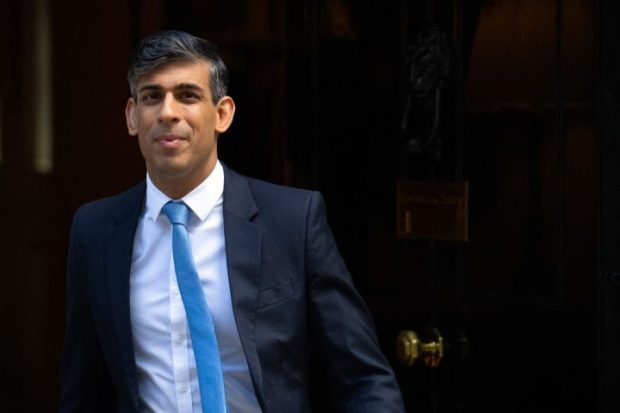
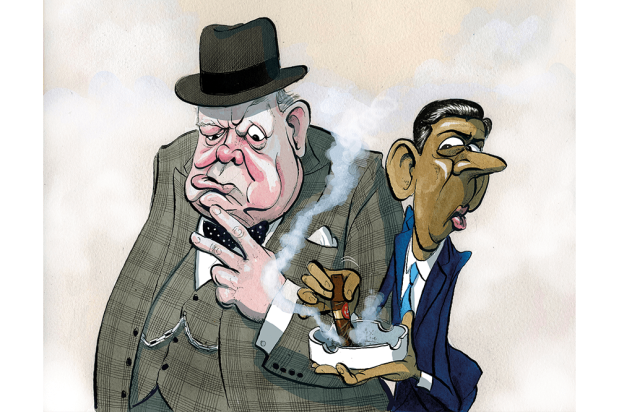
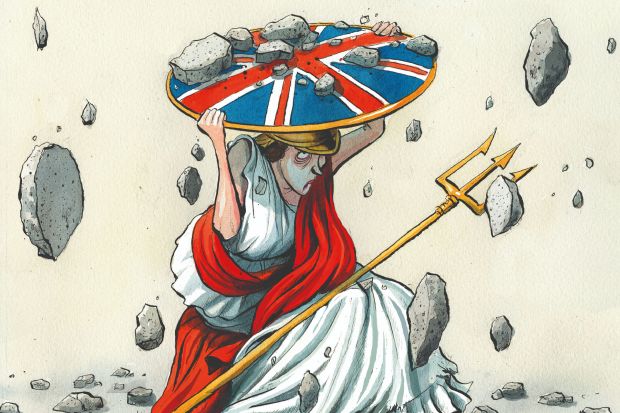
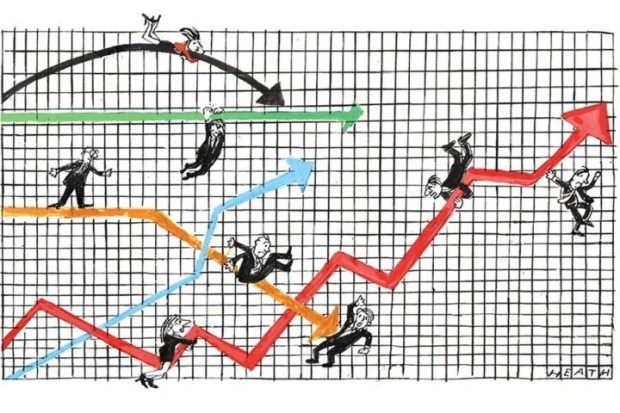
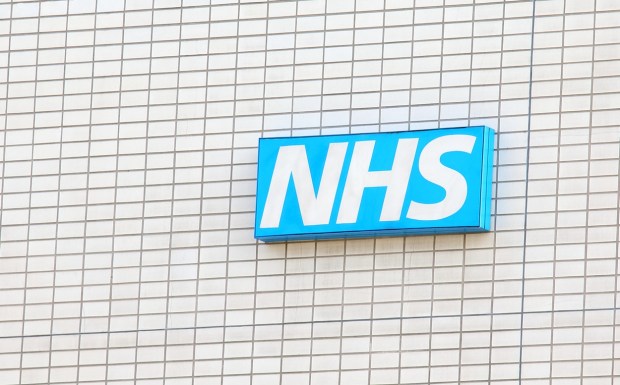













Comments
Don't miss out
Join the conversation with other Spectator Australia readers. Subscribe to leave a comment.
SUBSCRIBEAlready a subscriber? Log in